Buying a condo is quite different from buying a house, and it is vital to understand the difference between the two when establishing a budget. Buyers who purchase a condo gain ownership and responsibility of an individual unit but not the property as a whole, incurring separate fees and expenses. When a free-standing house is purchased, the homeowner becomes responsible for the upkeep and maintenance of the entire dwelling on the property and the property itself.
If you are unfamiliar with the expenses of purchasing a condo in London, Ontario, you may want to refer to and become familiar with this condo-buying expense checklist.
Purchase Price
First, of course, is the listing price. Understanding what expenses are above and beyond the listing price of a condo may leave potential buyers wondering about what a fair price is when buying a condo. A REALTOR® who is familiar with and experienced in selling and purchasing condos will be able to use their expertise to determine if the listing price is fair and reasonable for the unit. They will also be able to answer questions about location, resale value should you decide to sell, the role of the condominium board, and what your monthly fees will cover.
Development and Upgrade Costs
Development charges are applied to condos still in the developing stages. These charges go toward the cost of any infrastructure required to service the new building, such as roads, water, emergency services and transit. The dues are paid directly to the developer.
Potential upgrade costs only need to be considered and are relevant when purchasing a unit that is in the process of being built or just started. These costs would include features such as material for countertops, type of flooring, light fixtures and other items used to personalize a unit.
Taxes and Utilities
Not all condo units include the appliances in the purchase price. Be prepared to pay HST on the sale price and on appliances or anything you may purchase in addition to the unit, for example, a refrigerator. Leave room in your budget for the property tax, which will vary among municipalities around the province.
Utility hookup fees cover installing and inspecting the hookup or connection to gas, water, sewer, hydro, or any other utility system. There is a possibility that the condominium may not include certain utilities in its monthly fees, such as telephone or internet access. If that is the case, then prepare to leave additional room in your budget for that expense.
Condo Fees
In addition to the monthly mortgage payment condominium, buyers should prepare to pay monthly condo fees. Every condo board will have different price points based on the size of the unit, the amenities offered in the building, and expectations for the reserve fund.
Amenity fees will vary depending on what the building offers in terms of amenities such as a swimming pool, gym facility, games/billiards room, etc. It is best to ask an experienced REALTOR® to confirm which amenities and services the condominium includes in its monthly fees.
Additional Fees
Condominiums may require an upfront two-month payment of standard expense fees to put in the reserve. These expenses come up for any units that are not yet registered. In that case, the building would incorporate them into the homeowner’s monthly fees. Established developments with completed units do not require these fees.
If purchasing a unit in a building that has not yet begun development, there will be an occupancy fee. The interest on the remaining balance of the unit purchase price, an estimated monthly tax, and the projected standard expense fees for the unit will determine the occupancy fee.
Finally, expect fees for the emergency repair contingency fund and maintenance costs to keep the building structurally sound and in tip-top condition.
Closing Costs and Insurance
Closing costs pay for legal fees, including transfer of property title, property tax adjustments, disbursements, and such. There will be a “remainder of purchase” amount for undeveloped units. While the building will have its insurance, condo owners must have contents insurance to cover their private possessions and furniture.
Living in a condo offers a carefree lifestyle without worrying about structural concerns, maintenance and repairs, yard work and shovelling snow. Working with a REALTOR® in the London area who is familiar with and experienced in selling and purchasing condos is the best way to learn about the expenses and fees involved when condo buying. Ask lots of questions so you can have the assurance that the unit in question is the right choice for you and your family.
Contact a Fully-licensed REALTOR® today!
Looking for an experienced REALTOR® who specializes in real estate across Southwestern Ontario? At Royal LePage® Triland Realty we are here to help you with your real estate needs!
